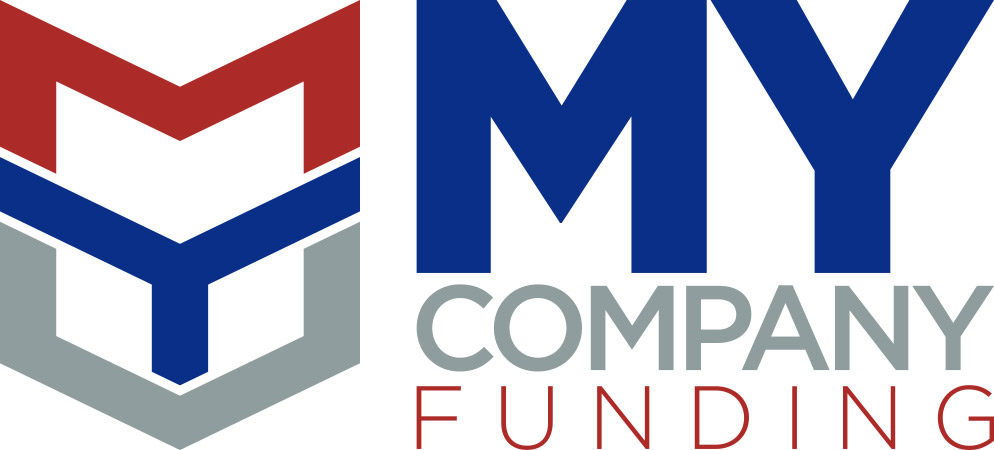Top Reasons Equipment Fails and Needs Replaced
Why Does Equipment Fail?
Equipment can fail for many reasons, but here are the top four:
- Poor maintenance. Equipment is meant to be maintained; after all, a car isn’t going to run without regular oil changes. If maintenance isn’t a part of your processes and procedures, employees may fall behind.
- Improper usage. Equipment can fail if employees aren’t using it the way they should be, such as using it in a non-standard way or by skipping necessary steps.
- Running machines too hard. Equipment often has a maximum capacity for usage. When equipment is run too hard, the actual components of a machine could potentially warp.
- Forgetting to replace parts. Equipment needs its parts replaced when damaged, or further damage could occur. Ultimately, this will be more expensive than maintaining the equipment as needed.
How Can You Prevent Equipment Failure?
Equipment failure generally happens for two reasons: poor maintenance or poor usage. Both of these issues can be addressed through proactive measures.- Make sure employees are properly trained. Read the manual for your equipment and make sure all new employees are thoroughly trained before they begin operating equipment. Have regular re-training sessions for employees to refresh their knowledge.
- Create processes for better maintenance. In addition to scheduled maintenance checks, make sure there are processes in place for repairing parts and fixing machines. If there are set processes in your employee manual, employees will be more willing to follow them.

